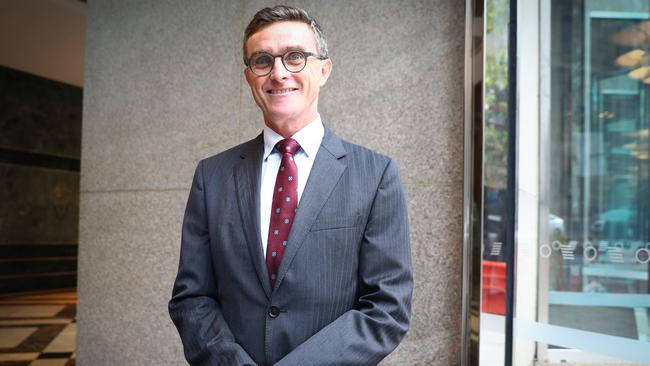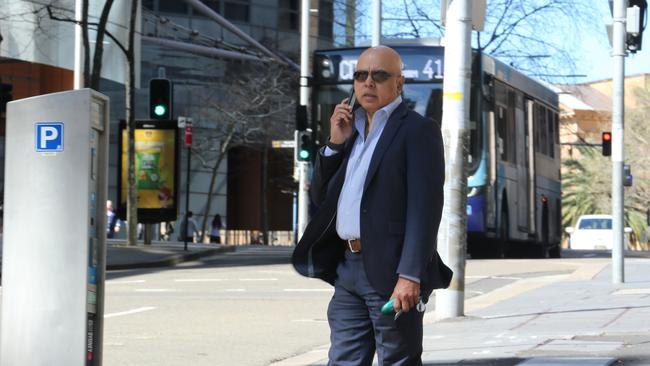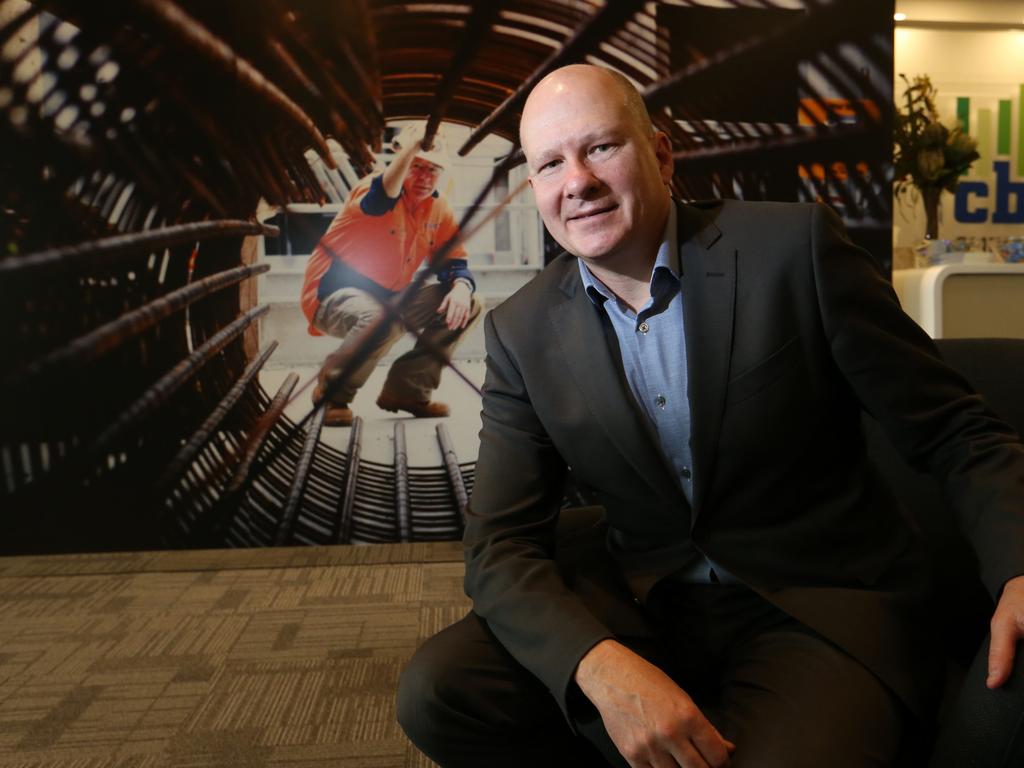AMP Capital spin-off plan paved the way to culture clashes
What was it that proved a key turning point in what transpired over the past six months at AMP?

It was a proposal by former AMP Capital boss Adam Tindall to demerge the division from the wealth group that proved a key turning point in what transpired over the past six months.
It’s understood Tindall was spearheading the push for AMP’s real estate and infrastructure division to separate from its parent, and was attempting to get the board on side.
The plan included lucrative retention bonuses for key executives involved, but board sources said the blueprint wasn’t fully formed and lacked detail in several key areas.
One of those was how potential liabilities of AMP would be treated under the arrangement, including those stemming from customer compensation payments or class actions.
The board knocked down the plan and committed to retaining AMP Capital, and fleshing out a growth strategy.
While AMP Capital had for a long time been left largely to its own devices, it was brought back within the structures of the group.
Given Tindall’s strong push for the alternative it was best that he part ways with the AMP, while at the same time London-based infrastructure equity executive Boe Pahari was manoeuvring to take over.
Tindall declined to comment on his AMP Capital tenure or departure when contacted on Thursday by The Australian.
Given Pahari was viewed as a rainmaker and was delivering growth, albeit in an overall favourable environment, he was front and centre.
But there was a dark blemish on his file, relating to a sexual harassment complaint in 2017. An external investigation was scoured by the then David Murray-led board to revisit the issue, and due diligence also conducted into Pahari’s conduct since then and the culture of the London office.

The board formed the view that the findings of British employment law specialist Andrew Burns QC and the punishment dished out by the former AMP board and executive leadership team reflected a fair outcome.
Burns had at the time spoken to both Pahari and former employee Julia Szlakowski, while also gauging the views of those present that agreed to speak.
The monetary penalty was as much as $500,000 — or a quarter of Pahari’s annual bonus.
It was in mid-June when Pahari was formally announced in the top job at AMP Capital, effective July 1.
While the board was content, the appointment triggered a response from within the company and its staff that shook AMP to its core.
Details of Pahari’s sexual harassment complaint soon became public and the broader whistleblower line of communication at AMP lit up.
The pressure on Pahari and AMP compounded over several weeks, and shareholders — including industry superannuation funds — were unsettled.
The situation only got worse in early August, as AMP’s Australia boss Alex Wade was quietly out the door, in a departure that was effective immediately.
The Australian revealed the exit had to do with Wade’s conduct and lewd photos being sent to a female employee. AMP’s culture was again in the spotlight for the wrong reasons and more difficult questions were being asked of chief executive Francesco De Ferrari and Murray.
Szlakowski and her lawyers then made part of her complaint public, in a damning set of details.

She outlined that Pahari extended her London hotel booking without permission, made calls and texts in the early hours of the morning after a night out, and referring to his “limp dick” when she declined to use his credit card to buy clothing.
AMP went into damage control and investors and staff were again left reeling. The industry superannuation industry and Murray already had a fractured history given the findings of the Financial System Inquiry, so tensions were running high.
By August 20, AMP was hearing from a range of shareholders but was issued an ultimatum by substantial investor Allan Gray: that board accountability was required and quickly. If it wasn’t forthcoming an extraordinary meeting would be called to seek it.
Pahari’s scalp wasn’t sought.
On Monday, Murray and fellow director John Fraser had stepped aside and Pahari demoted to his former role.
The board had lost many decades of experience in asset and wealth management, but De Ferrari got a chance to see through his strategy and deal with the cultural fix.
A short version of the conclusion Burns reached in his investigation was released by AMP this week, alongside a formal apology by Pahari to Ms Szlakowski. The parties continue to squabble over the terms that would allow the full investigation to be released.
Burns’ short conclusion read: “I find that there was poor judgment exercised by [Boe Pahari] during this evening and one moderate and two minor incidents which overall added up to a relatively modest breach of the AMP Workplace Behaviour and Equal Opportunity Policy.
“However, this involved a senior manager who ought to have been observing a high standard.”






To join the conversation, please log in. Don't have an account? Register
Join the conversation, you are commenting as Logout